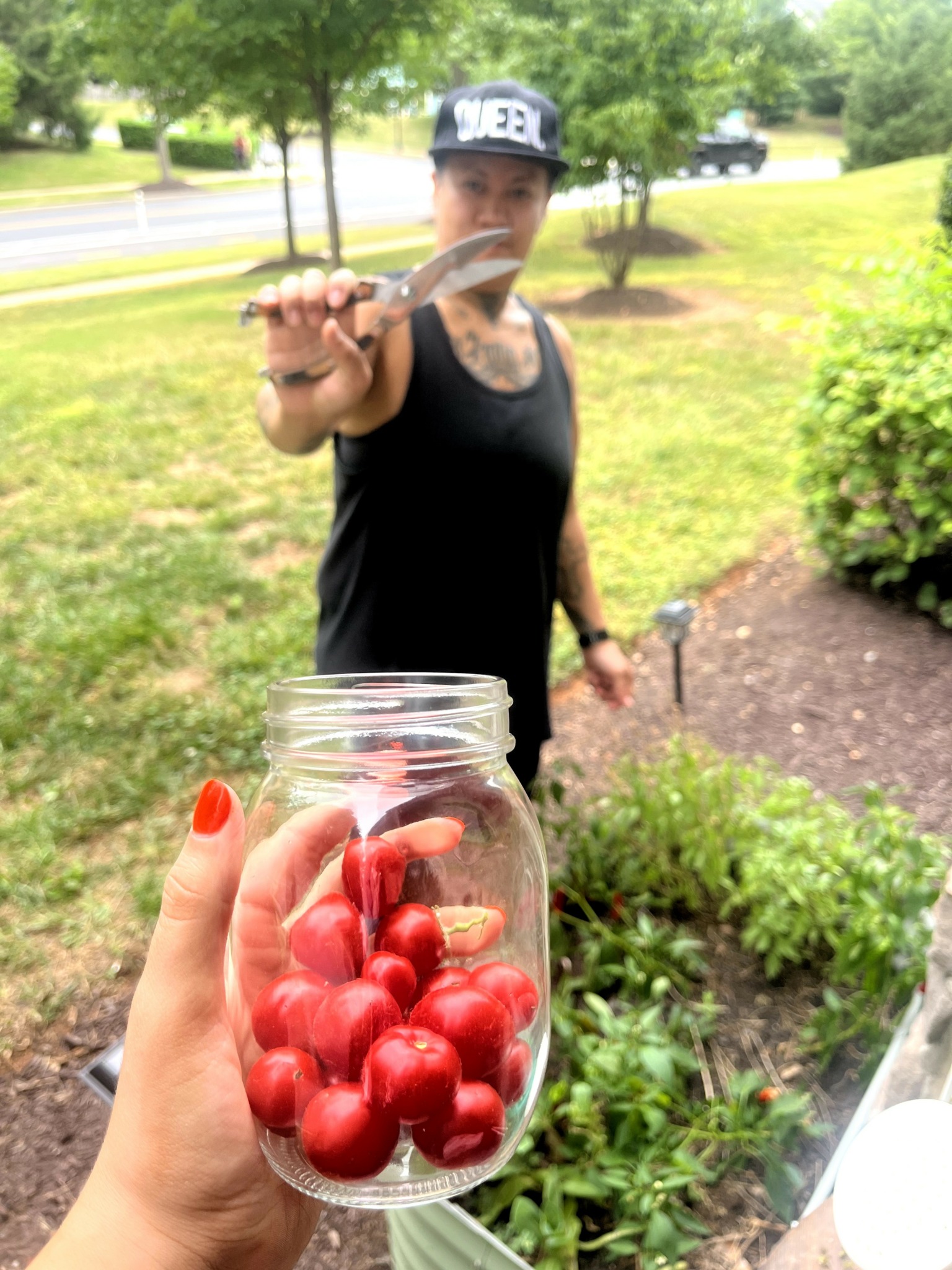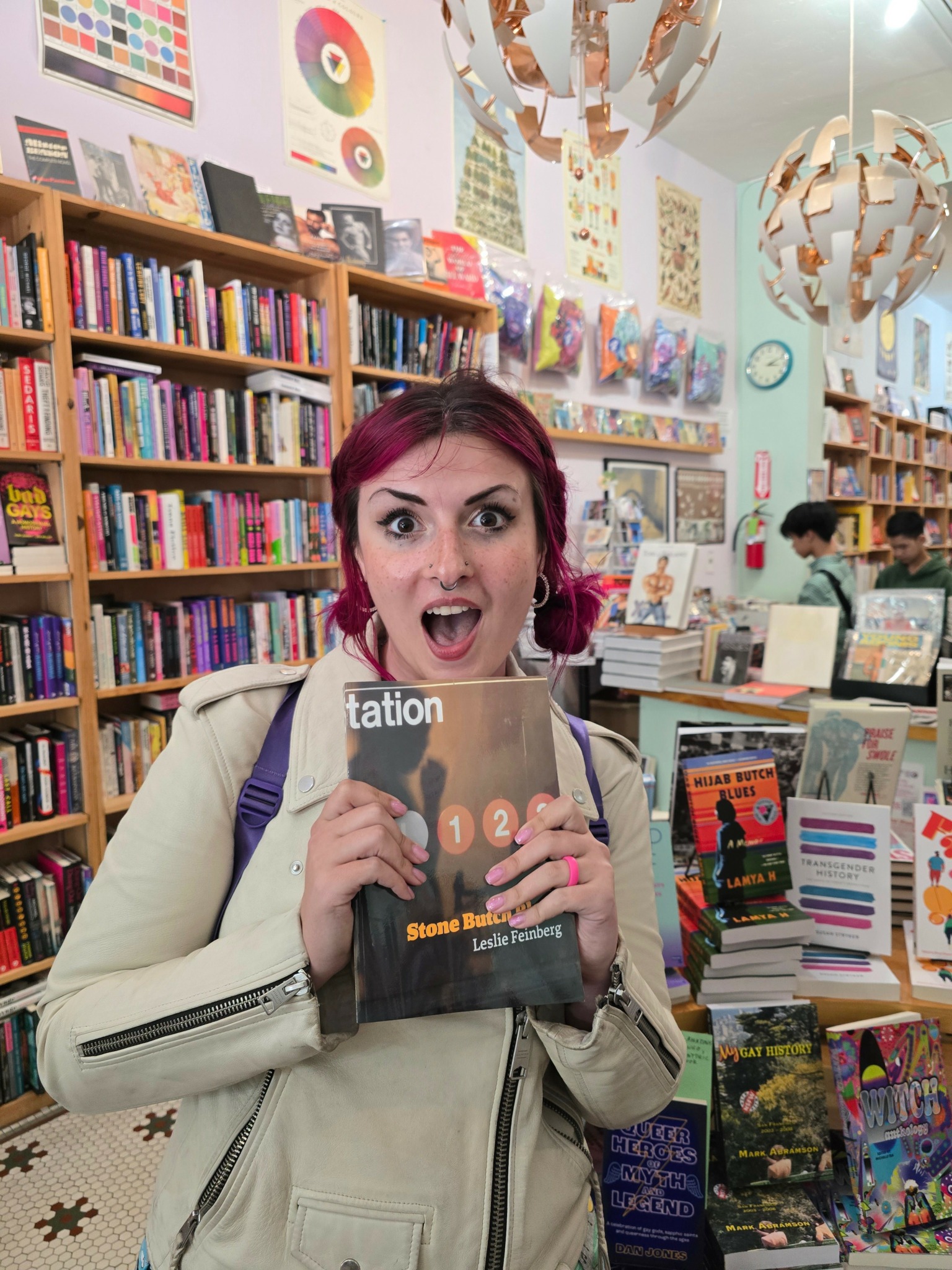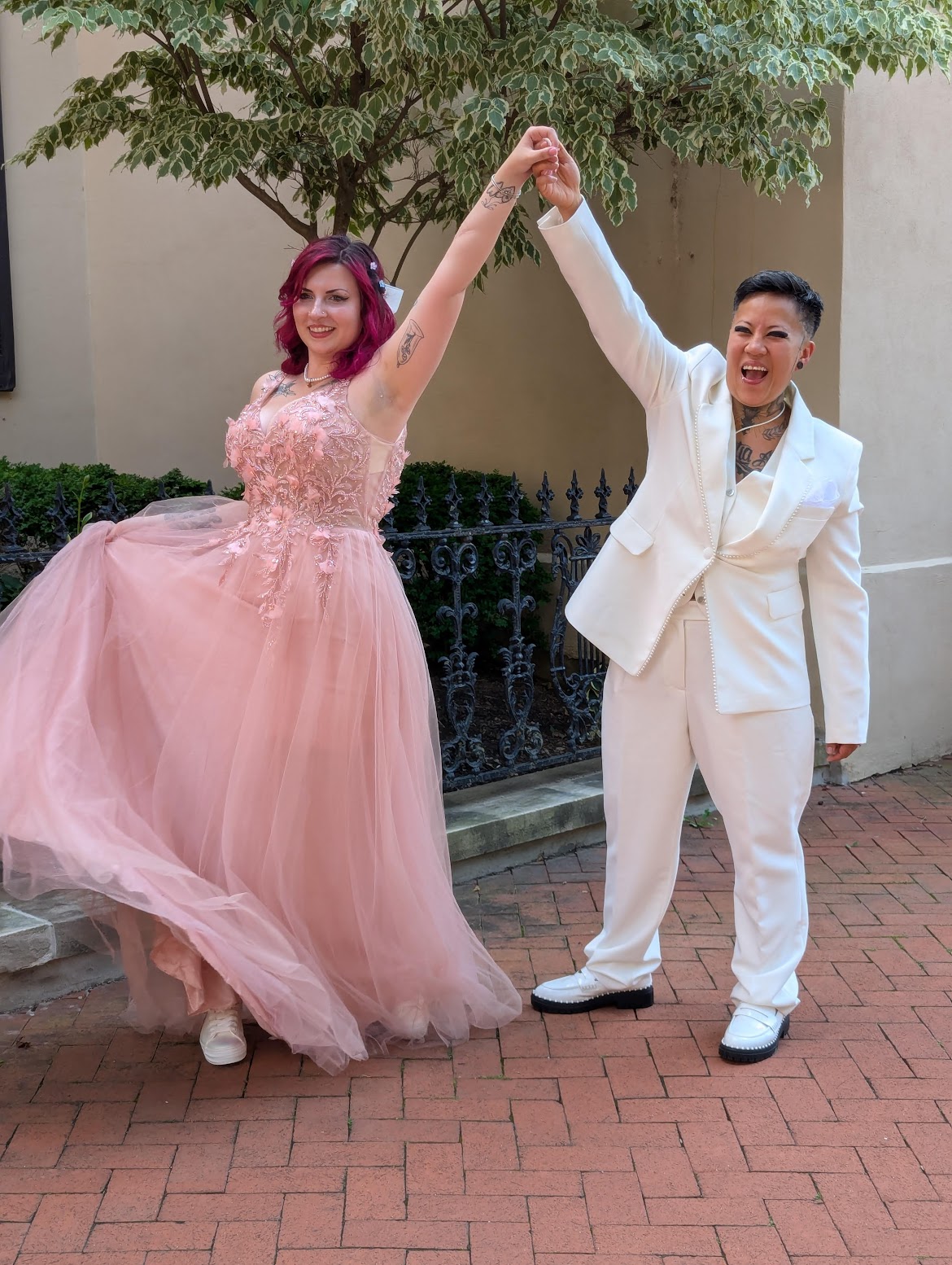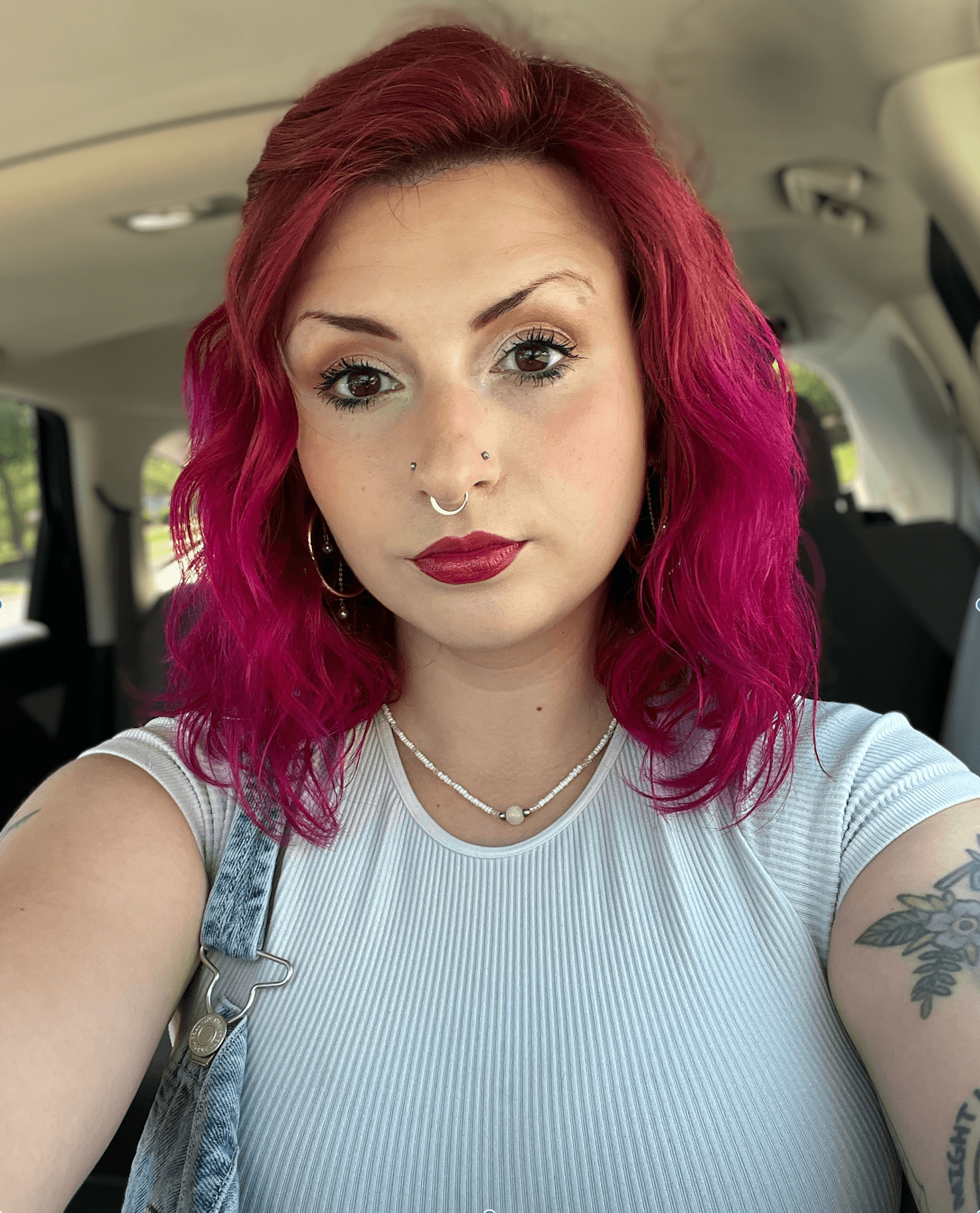We recently connected with Sarah Grace Canja and have shared our conversation below.
Sarah Grace, thanks for joining us, excited to have you contributing your stories and insights. Earning a full time living from one’s creative career can be incredibly difficult. Have you been able to do so and if so, can you share some of the key parts of your journey and any important advice or lessons that might help creatives who haven’t been able to yet?
Like many other creatives, I have chosen the well-worn path of Teach to Survive and Write to Thrive. What I mean by this is that working in education allows me the necessities of life—rent, insurance, human connection—while also providing evenings, weekends and entire summers dedicated to pursuing writing. What I enjoy about teaching high school English is that it still fringes on my interests of composition and literature but varies enough to be able to disconnect one from the other. I am just as much a teacher as a writer and truly don’t think either work would be as meaningful without the either.
It feels as though most artists with day jobs are split into two camps: “Get a creative job so you can foster your interests” or “Get a non-creative job so you don’t ruin your creativity.” To me, teaching feels seated somewhere in the middle. I am able to witness the joy of students discovering they love reading or, at the very least, finally acing their parts of speech quiz. At the same time, though, being a writing teacher and being an actual writer feel, to me, completely different tasks, which means I’m able to fling off my exhausted Teacher Hat when I leave the classroom and pick up my Creative Hat when I get home.
My day job provides me comfort. Unlike when I was struggling through three odd jobs and my MFA program, I feel safe financially, which puts me in a better headspace to write. As much as the Starving Artist life is romanticized, it is difficult to actually write when you’re running from job to job, worried about making it to class and getting groceries.
It also provides variety. I’m not clocking into an office job where I do the same thing day in and day out. Each morning, when I plug in my fairy lights and power on my ancient computer, I know that somewhere along the way my schedule will be derailed. While planning is essential to a teacher, flexibility is your life jacket that keeps you afloat. This is a skill I carry with me as a writer as well. It is so rare that a poem or story fans out perfectly as I envisioned it and, when that inevitably happens, all you can do is try again. Whether it’s a wonky word or a fire drill, being adaptable is a necessary skill.
Am I exhausted? Yes! But I love both of the hats I wear and truly believe that being a teacher makes me a better writer and vice-versa. To the classroom, I bring my empathy and passion and way too many references that fly like paper airplanes over the kids’ heads. To the page, I bring the experiences, laughter, frustration and deep admiration that I gather all day teaching. As I said earlier, I couldn’t imagine a life without teaching or a life without writing.

Great, appreciate you sharing that with us. Before we ask you to share more of your insights, can you take a moment to introduce yourself and how you got to where you are today to our readers.
My name is Sarah Grace Canja and I am a writer, teacher and bookseller located in Frederick, Maryland. After receiving a B.A. in English Education in North Carolina, I knew that I wanted to be a teacher but another passion drew me to graduate school in DC: Creative Writing. I had been tinkering around with poetry and journalism since high school, relishing in the occasional publication, and knew I would regret passing up an opportunity to get my MFA. The classroom would always be there.
It was at American University that I truly submerged myself in the craft, culture and community of writing. I attended residencies and cheered on friends at readings. Gracious, generous professors shared advice and advocated for my work. While I thought I was strictly a poet, I discovered an immense appreciation for fiction and non-fiction at AU.
Once I graduated, I returned to the classroom, now certain that writing was something I had to pursue alongside teaching. I am currently revising my manuscript for publication, continuing to work as a bookseller, participating in a small yet mighty writing workshop/book club on top of teaching high school English. It is a hectic, glorious literary life that I am so thankful for.

How can we best help foster a strong, supportive environment for artists and creatives?
If there is anything the rise in generative AI and the defunding of the Arts has taught us it is that creativity must be prioritized by creatives because it is not prioritized by the powers that be. The word “community” is thrown around so frequently, it has begun to lose meaning but, as many others have said before me, community often means shirking convenience.
Read your friend’s draft, even if you have a million things going on—you will always have a million things going on. Attend readings and events (even and especially if you are not on the panel). If you have the resources, buy artwork and donate to local artists. If you don’t, share their page on your Instagram story. Instead of replacing a pair of jeans, take a mending class or watch a video online. Drop off books you don’t read anymore at the library and, for the love of God, do not buy books off Amazon.
Expand your idea of what creativity is and support those communities as well. I may not be an actress but I love my downtown’s theatre and I would much rather give my money to small business photographers than to Target’s generic dentist aesthetic “art.” We’re all in this together, whether you’re a writer, dancer, sculptor, videographer or anything in-between. We will not be protected by the government or the economy so it is critical that we support one another,

Looking back, are there any resources you wish you knew about earlier in your creative journey?
There are so many resources for writing that it is actually a matter of parsing through what is helpful and what is less so.
In terms of physical resources, go to the library before you go to a bookstore. I say this because that giant copy of Wordsworth is still collecting dust on my shelf and, if I had borrowed it from the library when I was 17 instead of buying the first book my poetry professor recommended, maybe I would have realized that I like a few Wordsworth poems but I did not need his entire works. At the library, you have an expanse of low-stakes options to suss out what you like and what you don’t like. Once you know, go to an independent bookstore, second-hand or new. You do not need a full library in your home to be a writer; allow your collection to build up over times with titles that mean a lot to you instead of books you believe a writer should have.
Online resources are another beast entirely. We have access to almost every poem ever written. What a daunting, overstimulating privilege! However, there are archives and organizations that compile everything into digestible platforms, such as Academic of American Poets, the Poetry Foundation, Split This Rock, Poets & Writers and Button Poetry. There are a myriad of other resources as well but these are the five that were my pillars when I was a baby poet. They helped ground me in the endless expanse of information and material.
Contact Info:
- Instagram: @metaphysicmule
- Linkedin: https://www.linkedin.com/in/sarah-grace-goolden-284295202/


Image Credits
Barbara Badstibner Photography


